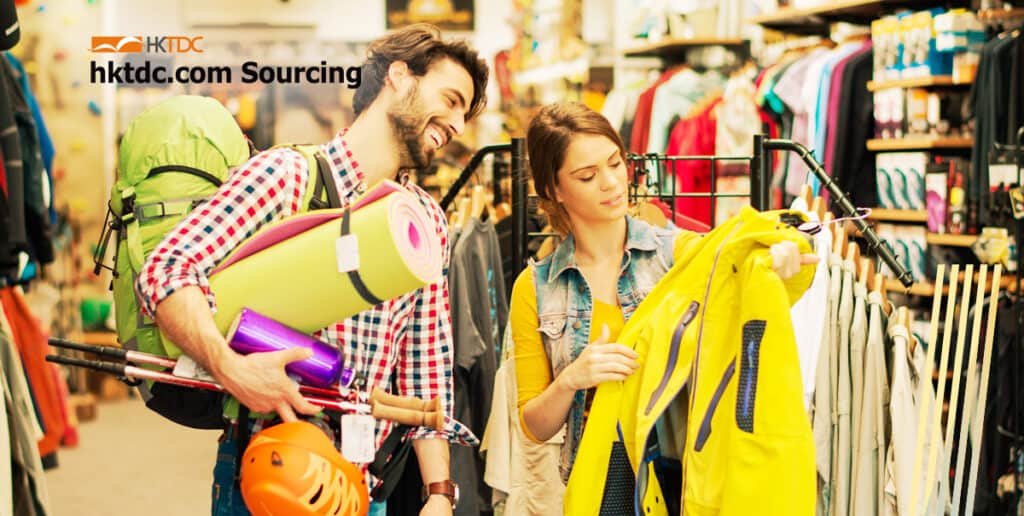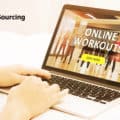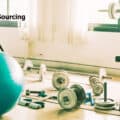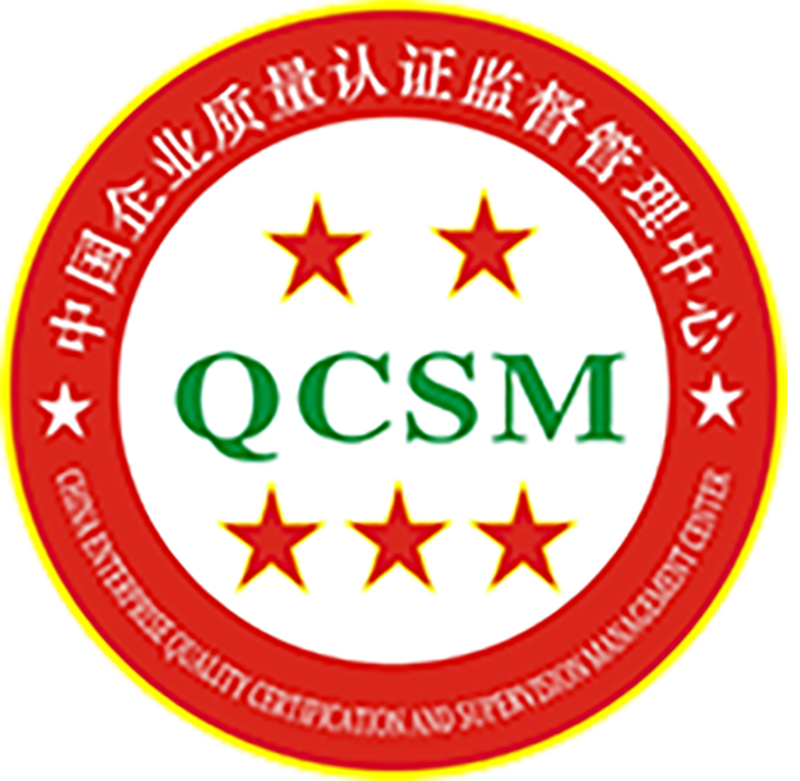The COVID‑19 emergency has changed the way people live a great deal, with 2020 seeing many business sectors, including the sporting goods industry, shrinking for the first time since the global financial crisis. Many businesses are still cataloguing the damage done by the year’s disruptions, but the shifting landscape has provided a boost in sales and revenue for some well‑prepared companies.
The pandemic and subsequent restrictions on movement have made work and study from home the new normal for many. They have also made people increasingly conscious of their health and general wellbeing. In order to let off steam whilst following social‑distancing and containment measures, many have changed from going to big box gyms and boutique fitness studios to taking up home workout routines and individual outdoor sports.
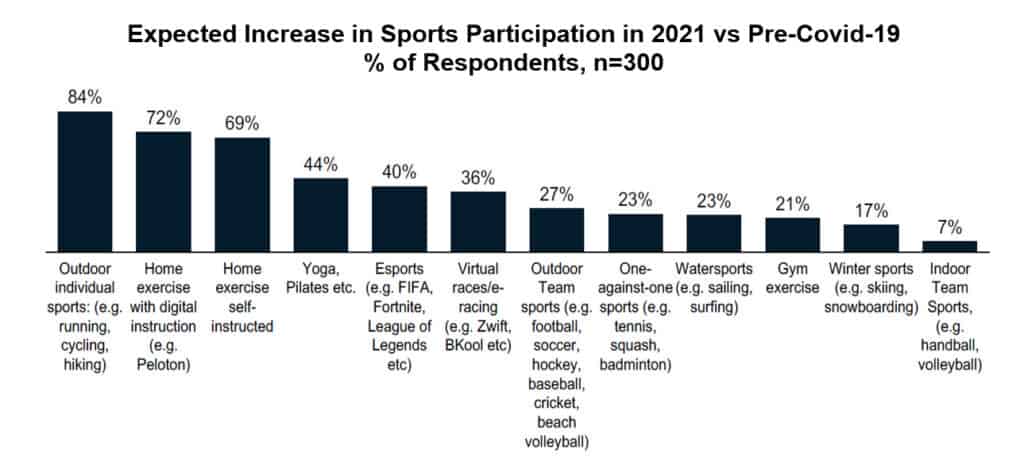
With time on their hands due to the lack of social activities and the cancellation or postponement of many major sporting events, fitness enthusiasts have been trying out new training routines. Some have joined recorded or live‑streamed virtual workouts or set up a home gym featuring smart fitness equipment, such as interactive exercise bikes, sensor‑embedded boxing gloves, touchscreen display treadmills and AI‑powered intelligent mirrors. Many emerging brands and tech companies have profited from these changing habits.
To see how the sporting goods industry is adapting and evolving and how Europe’s number one sports retailer has moved forward during the fitness boom in Hong Kong, Louis Chan, Assistant Principal Economist (Global Research) talked to Matthew Lam, Head of Marketing at Decathlon Hong Kong.
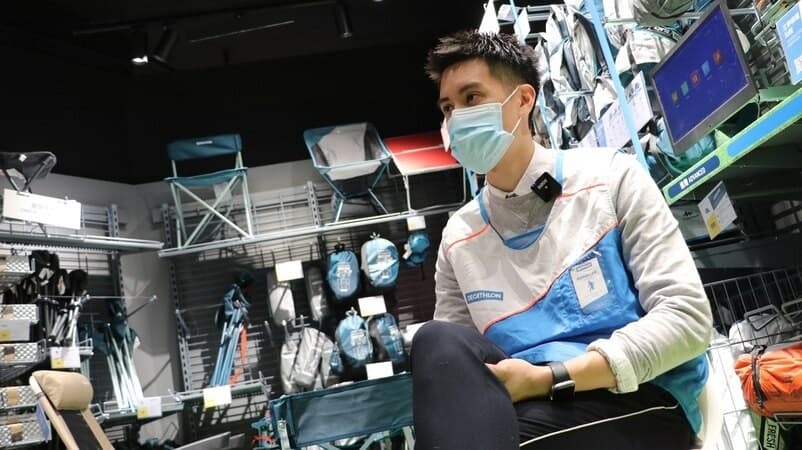
Chan: What are the most important elements for finding success in the post‑coronavirus future? What are Decathlon’s trump cards?
Lam: To stay relevant and attractive in the ever more competitive sporting goods market, a business needs to always keep sport at the core of its product development and service delivery. Here in Decathlon, we work with a team of sports enthusiasts and professional athletes. This helps make sure our products are made by sports lovers, for sports lovers of all ages, backgrounds and skills.
Our R&D team plays a critical role in our integrated business model, which covers everything from product design, production, and logistics to distribution. During tough economic times, when people are more conscious of their spending, it is important for us to work with our suppliers worldwide to create in‑house brands as budget alternatives for our customers.
Since the onset of the pandemic, the shopping habits of our customers, old and new, have moved more online. We have seen an increase in overall sales, but a drop in traffic at physical stores. Customers’ purchasing behaviour has become increasingly sophisticated, complex and specific, and that was happening even before the global health crisis.
Some customers will only make a decision to buy when they have gathered as much information as possible from a variety of sources. So we are taking an omnichannel approach that focuses on the entire customer experience, both online and offline. We aim to offer seamless services ranging from real‑time customer feedback, user reviews and inventory control analytics, whether our customers are shopping online using a smartphone or offline in brick‑and‑mortar stores.
Above all, with online penetration expected to stay high, digital development will continue to be a strategic focus for us and the whole sporting goods industry going forward. What makes us optimistic is seeing that our customers, partners and peers in Hong Kong and worldwide can not only adapt but thrive on change.
Chan: What have been the most promising lines of sports goods during the Covid-19 crisis?
Lam: After various cluster outbreaks, infection control measures have been tightened in many premises in Hong Kong, including gyms and fitness studios. The mandatory requirement to wear a mask in public has made home workouts and individual outdoor sports even more popular.
Some of the most popular product lines now are at‑home fitness gear and camping and hiking equipment. These include fitness elastic bands, yoga mats, abdominal rollers, backpacks, trekking shoes, camping pillows and sleeping bags. We have also seen a growing demand for innovative product lines, such as convertible trousers, reflective camping tents, portable badminton nets and inflatable football goals.
Click here to read the full version of the article


